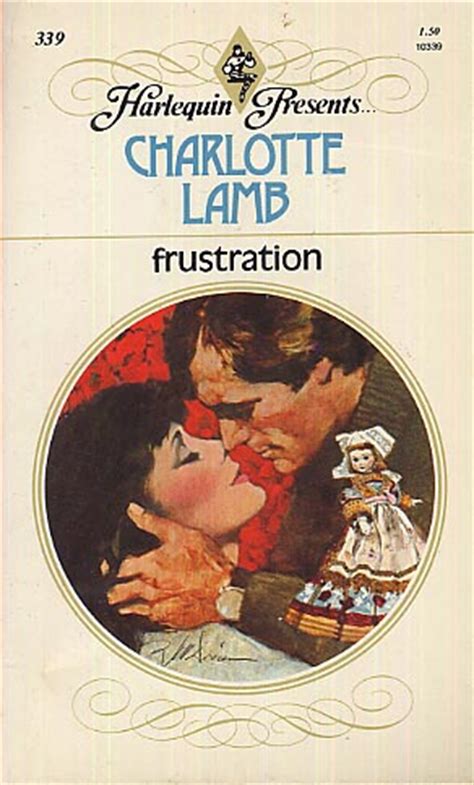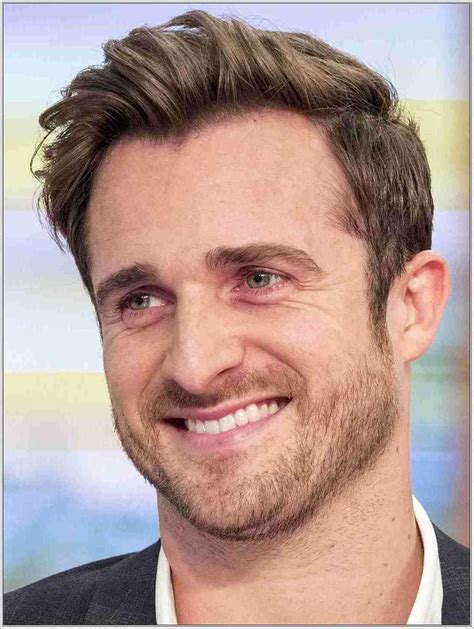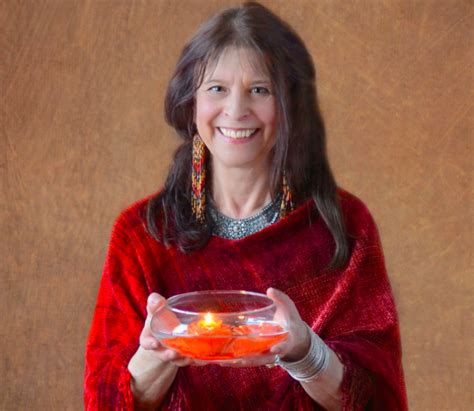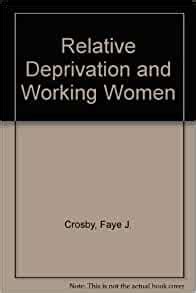A Quote by Charlotte Lamb
A romantic novel is an adult fairy story, repeating the recurring symbols and images which can explain life to a woman and satisfy a powerful need within her. The need to love and be loved is vital to all human beings, but especially to women.
Related Quotes
What is a novel? I say: an invented story. At the same time a story which, though invented has the power to ring true. True to what? True to life as the reader knows life to be or, it may be, feels life to be. And I mean the adult, the grown-up reader. Such a reader has outgrown fairy tales, and we do not want the fantastic and the impossible. So I say to you that a novel must stand up to the adult tests of reality.
Women's stories are as powerful, inspiring, and terrifying as the goddess herself. And in fact, these are the stories of the goddess. As women, we know her because we are her. Each woman, no matter how powerless she might feel, is a cell within her vast form, an embodiment of her essence, and each woman's story is a chapter in the biography of the sacred feminine.
Just as we need to encourage women to test life's many options, we need to acknowledge real limits of energy and resources. It would be pointless and cruel to prescribe role combination for every woman at each moment of her life. Life has its seasons. There are moments when a woman ought to invest emotionally in many different roles, and other moments when she may need to conserve her psychological energies.
It was love, she thought, love that never clutch its object; but, like the love which mathematicians bear their symbols, or poets their phrases, was meant to be spread over the world and become part of human gain. The world by all means should have shared it, could Mr Bankes have said why that woman pleased him so; why the sight of her reading a fairy tale to her boy had upon him precisely the same effect as the solution of a scientific problem.
I Need a Good Book I need a good story. I need a good book. The kind that explodes Off the shelf. I need some good writing, Alive and exciting, To contemplate all by myself. I need a good novel, I need a good read. I probably need Two or three. I need a good tale Of love and betrayal Or perhaps an adventure at sea. I need a good saga. I need a good yarn. A momentous and mightily Or slight one. But with thousands and thousands And thousands of books, I need someone to tell me The right one. -John Lithgow
The fairy tale, which to this day is the first tutor of children because it was once the first tutor of mankind, secretly lives on in the story. The first true storyteller is, and will continue to be, the teller of fairy tales. Whenever good counsel was at a premium, the fairy tale had it, and where the need was greatest, its aid was nearest. This need was created by myth. The fairy tale tells us of the earliest arrangements that mankind made to shake off the nightmare which myth had placed upon its chest.
Women sometimes really love to look at other beautiful women on the screen. But they don't look at a woman the way a man looks at a woman. They want to be that woman. They like if a woman is beautiful or sexy, especially if she's powerful. They like to see her catch a man, or to be powerful in the world. I think this is why a lot of women love noir films and classic films because they can really identify with these really strong, beautiful women. That's the kind of power that women have lost culturally.
Motherhood involves a special communion with the mystery of life, as it develops in the mother's womb. The mother is filled with wonder at this mystery of life, and 'understands' with unique intuition what is happening inside her. In the light of the 'beginning', the mother accepts and loves as a person the child she is carrying in her womb. This unique contact with the new human being developing within her gives rise to an attitude towards human beings - not only towards her own child, but every human being - which profoundly marks the woman's personality.






































